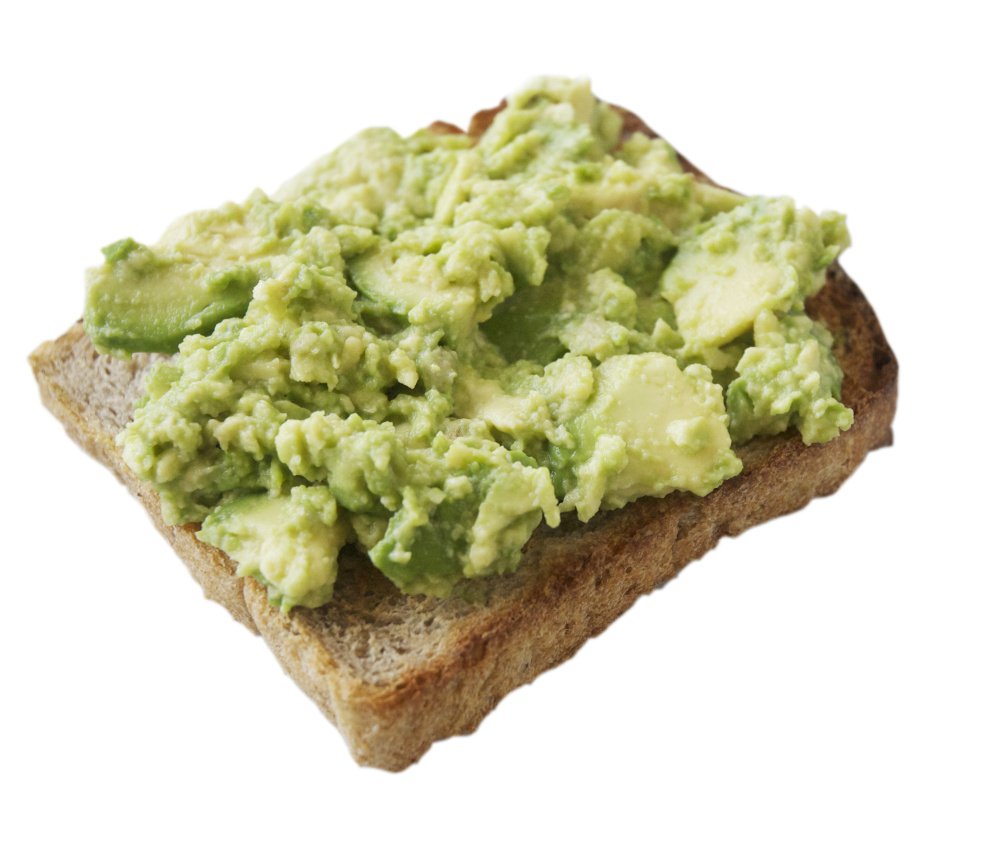Australian millionaire Tim Gurner offered some controversial advice to millennials struggling to save for a home: Give up your avocado toast.
Gurner, a 35-year-old real estate mogul from Melbourne, said on the Australian show 60 Minutes Sunday that he wasn’t splurging that way when he was younger and trying to save for a house. “When I was buying my first home, I wasn’t buying smashed avocado for 19 bucks and four coffees at $4 each,” he said on the program.
He also said young people should lower their expectations for travel and lifestyle in general. “The expectations of younger people are very, very high,” he said. “They want to eat out every day, they want travel to Europe every year.”
The tips were not well received.
Some people took to social media to ridicule the idea that they were blowing their down payments on lattes and brunch. Instead, they pointed to some of their bigger – and necessary – bills as their biggest obstacles: Rent. Student loan payments. Health insurance.
Freelance writer David Rudin created an online calculator to help people figure out how long it would take to save for a down payment if they gave up lattes or avocado toast. A person hoping to buy a $1 million home in New York would have to give up 20,440 avocado toasts at $10 each to have enough for a 20 percent down payment. In other words, it would take a very, very long time.
Financial experts say young people saving for a home need to think bigger if they really want to see their savings accumulate.
Here are some tips experts offer for people trying to save a down payment for a house. (None of them require you to abandon your avocado toast completely, though of course it may be smart to enjoy it in moderation.)
• Reduce your rent. For many young workers, the rent bill is their biggest monthly expense and reducing that can be one of the main ways to substantially increase savings. Some people may save by moving back in with mom and dad, if that’s an option, says Joseph Kirchner, senior economist for realtor.com, a real estate listing website. For other people, it may mean getting roommates, he adds.
• Sell your car. Getting rid of your car can reduce your monthly bills by hundreds of dollars a month once gas, insurance costs and loan payments are factored in, Kirchner says. Of course, this may not be feasible if you live somewhere with limited public transportation. But couples with two cars may consider downsizing to one car if they can pull it off.
• Get financial help. You may qualify for down payment assistance through your employer or your state, says Tracey Shell, a spokeswoman for DownPaymentResource.com, a site that tracks homeownership programs. For example, some buyers will qualify for grants if they agree to live in the home for a set amount of time, such as five years. Other buyers may be able to receive low-cost loans that they can use for the down payment.
• Make more money. Whether it’s asking for a raise or taking on a side job, increasing your pay can be an obvious way to find more cash to save.
• Know the ins and outs of different mortgages. There are benefits to providing a 20 percent down payment, but you don’t always need to provide that much money down when buying a home, Shell says. For some buyers, it may make more sense to buy a home using a loan that is secured by the Federal Housing Administration. Those buyers can provide down payments of 3.5 percent, but would need to pay mortgage insurance, which could increase overall costs of the home.
Send questions/comments to the editors.



Comments are no longer available on this story